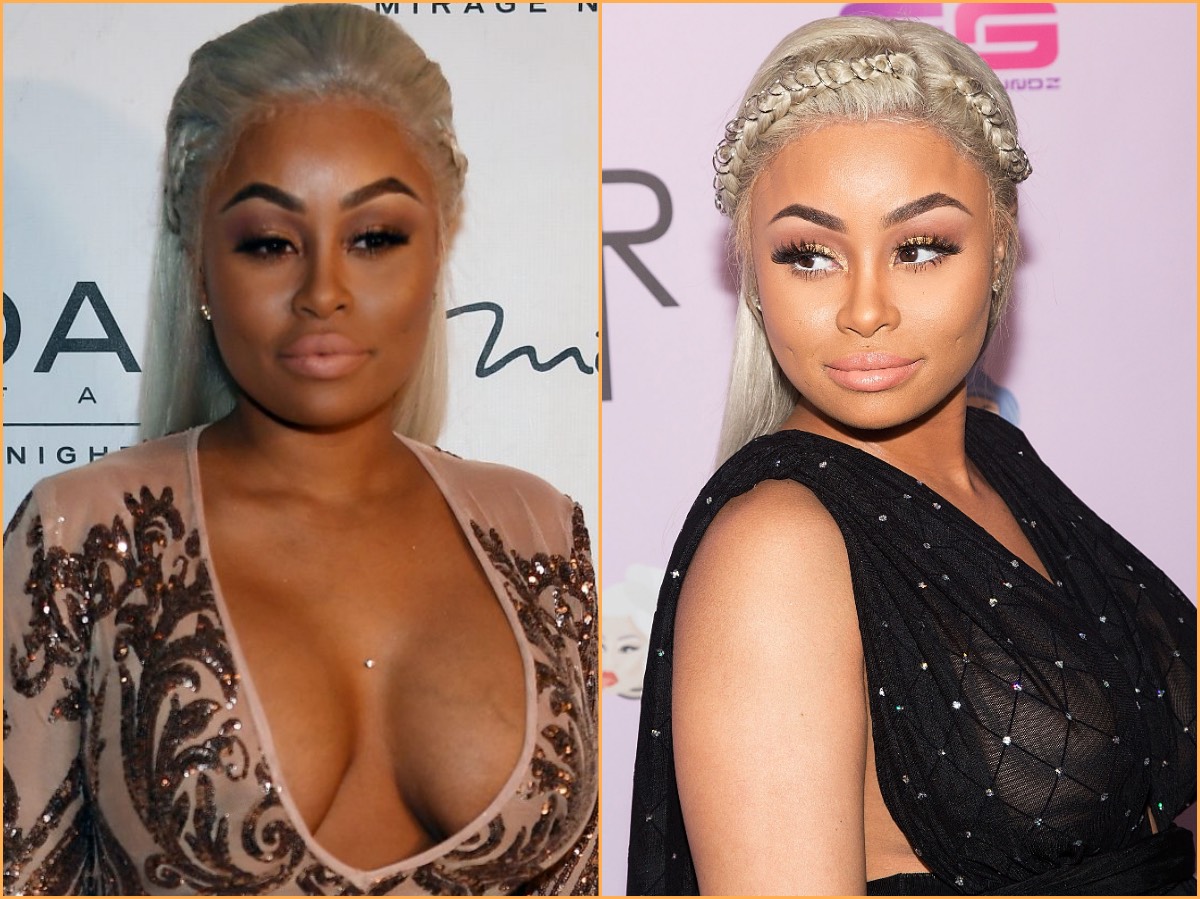There was an uproar on Twitter Wednesday morning after reality TV star and social media influencer, Blac Chyna announced she was visiting Nigeria to promote a new bleaching cream product to Nigerians. See Twitter reactions here.
It raised the question, again, “Is Skin Bleaching A Mental Illness”? You may read an old, but still relevant opinion article on the matter.
[dropcap]W[/dropcap]hen you grew up, did you think that light skin was better than dark skin? If you didn’t feel that way, you probably knew black people who did. There is a history of colourism, not just in the black community, but around the world. The tradition came out of colonialism and still continues to this day in may places around the globe.
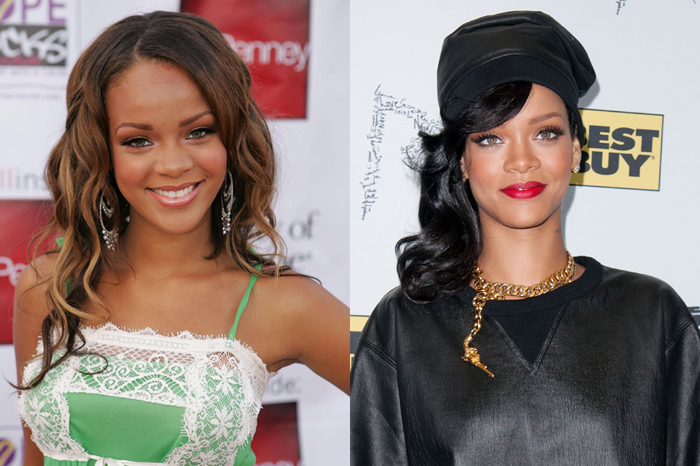
Does it still exist? Do you notice people who feel that light skin is better than dark? Does it change for men or women? What about the north vs. the south or the US vs. Africa?
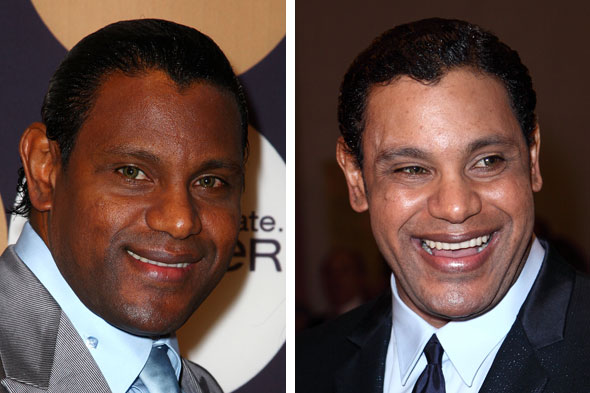

The Santita Jackson Show discusses these topics in this episode. Sitting with three guests from the faith-based community, Santita helps to explore whether colourism is real in the African American community and whether we are all affected. She talks about Sammie Sosa, the former Chicago Cubs player who turned his skin to something of a much lighter shade as a product of skin bleaching, which is the act of making one’s skin lighter through a series of treatments.
If a black person is unhappy with dark skin and wants something lighter, does that come from self-hatred, or is it a legitimate preference? A psychologist may consider a preference of light skin to be a mental illness that comes from hundreds of years of slavery and colonization. What do you think?
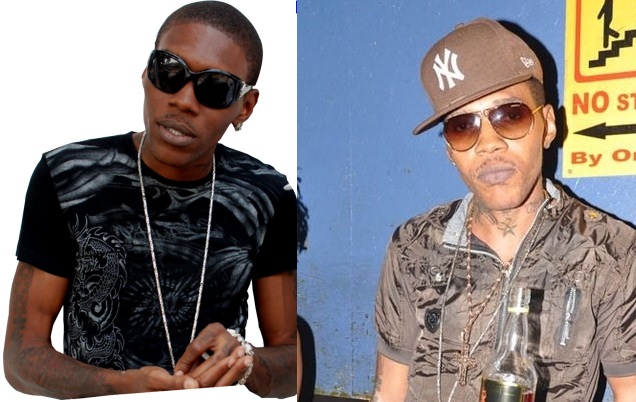
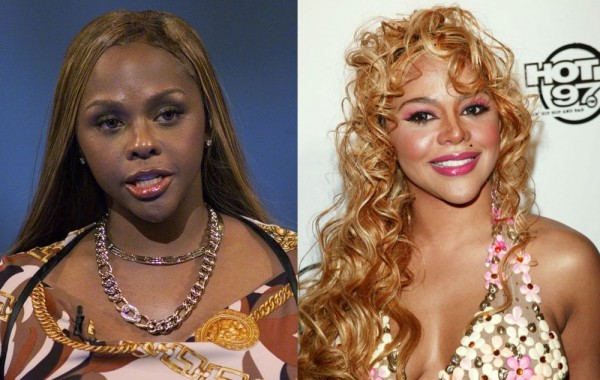
Watch the video and think it through.
David Williams wrote this article for Naturally Moi.
The opinions expressed in this article are solely those of the author.

